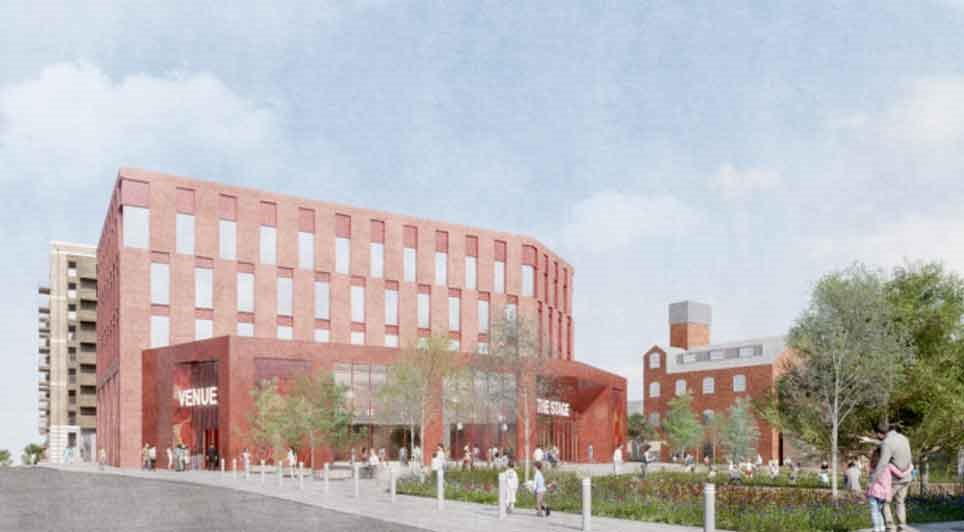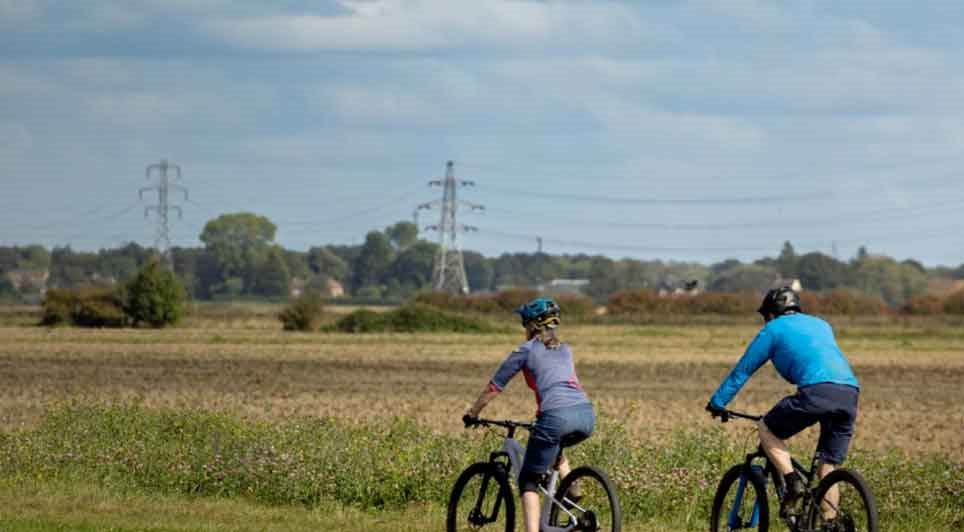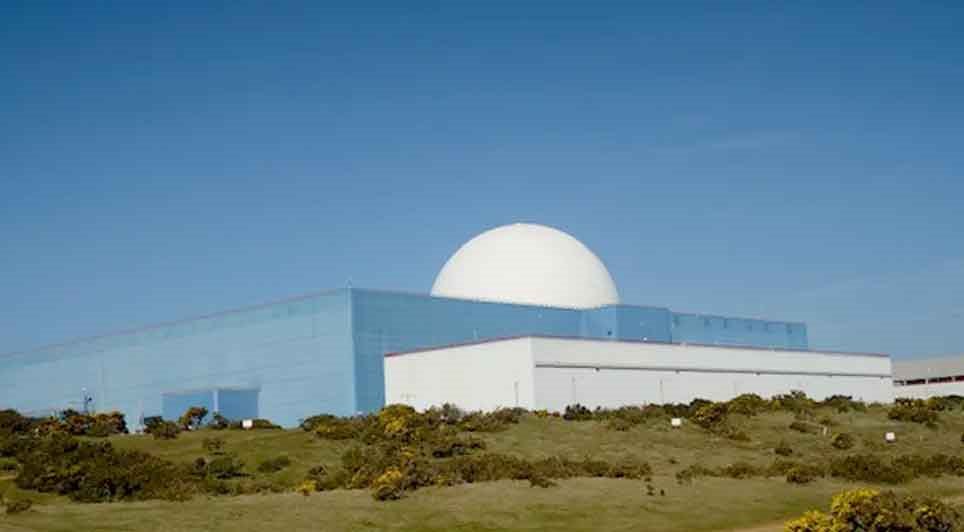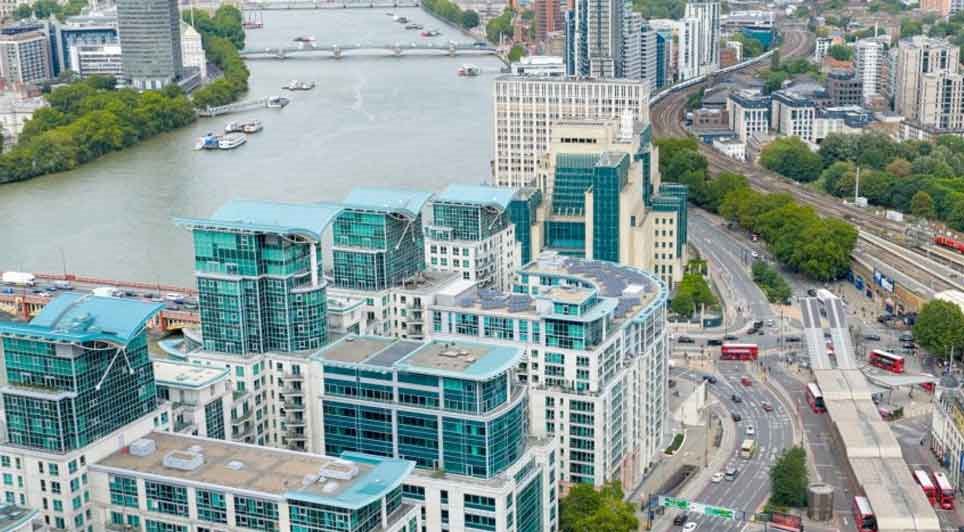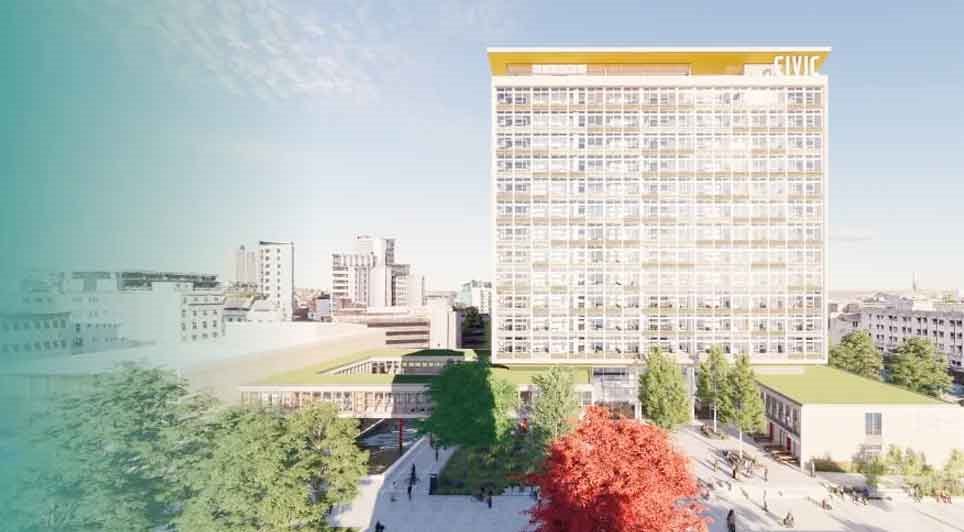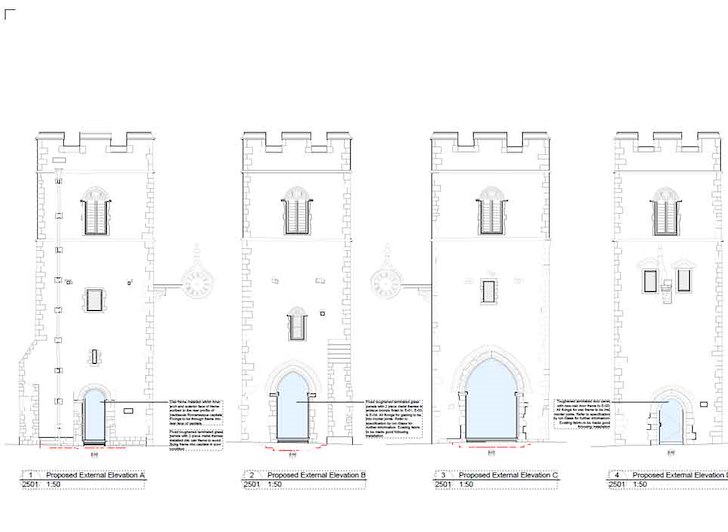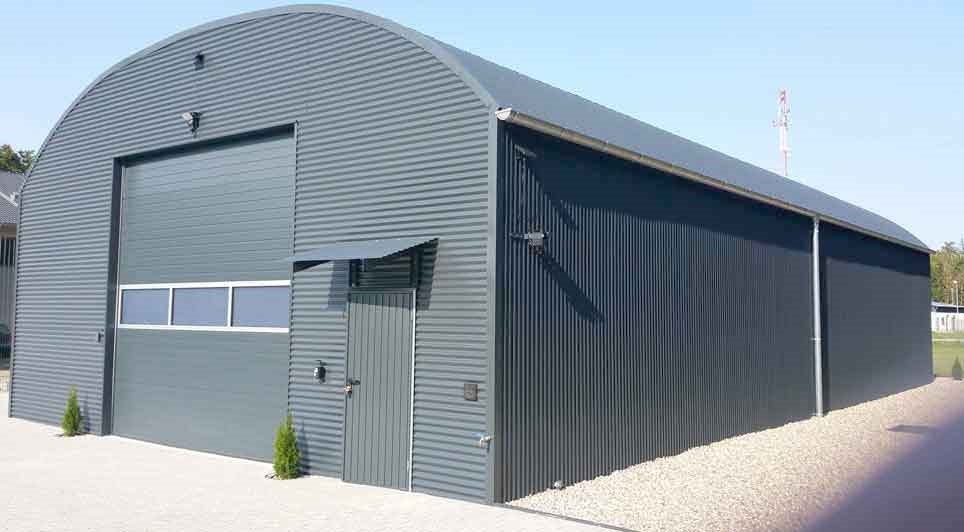Planning Minister John Healey today heralded the start of the new planning regime for major infrastructure as it begins receiving applications for energy projects that have the potential to provide up to £50bn worth of international investment and supply electricity to 22m homes.
From today, the Infrastructure Planning Commission (IPC) will be able to consider proposals for major energy and transport projects, including 17 energy schemes that together have the capability to generate enough electricity to power more than three quarters of all the homes in the UK, and could help drive economic growth and create new jobs
The number of energy schemes that are waiting to be considered has grown to a potential 22GW of new electricity generating capacity, and many of the new projects will use renewable energy that is necessary for the transition to a low carbon economy and a greener future.
The IPC is a new development consent process for large projects such as large wind farms, power stations and major roads. It combines up to eight former planning systems into a single process, and will cut the time taken to make decisions from up to seven years to under a year, saving the country £300 million a year.
Under the old set up, the planning system often tied up applications for years in red tape. In some cases, it took ten years between a company's decision to invest in a new project, and the delivery of energy to the national grid. It took more than six years to get a decision on North Yorkshire Power Line upgrade, and two and a half years to get to a decision on Staythorpe C gas fired power station.
Mr Healey said: "If we are to be competitive in the global economy and have a good quality of life, it is clear we need a better system for planning and building the infrastructure the country needs. The IPC will be a faster and fairer system that is important for delivering these improvements, and with up to £50bn worth of investment in the pipeline, is vital to help drive economic growth and recovery. It will also help meet our targets towards becoming a low carbon country, with a new generation of investments essential to the future of the country.
"In the next 15 years we will need to replace about a third of our electricity generating capacity to keep pace with demand, and make much greater use of renewable energy or we will fail to meet our ambitious low-carbon goals. A new generation of green energy infrastructure is necessary to reduce carbon emissions, and will need to be delivered in a way that takes into account the needs of local communities and the natural environment.
"The growing list of potential projects show businesses and international investors want to do business with the IPC and have confidence in the new planning system."
(CD/GK)
 UK
UK Ireland
Ireland Scotland
Scotland London
London

.gif)

